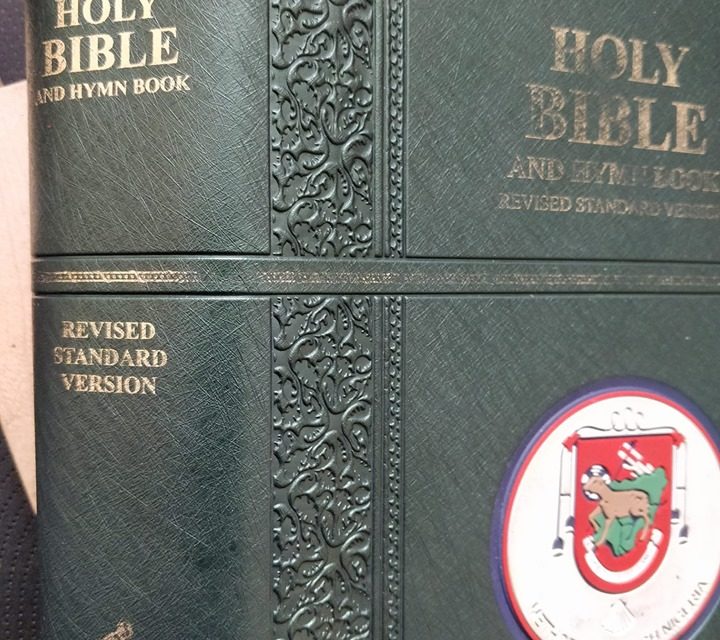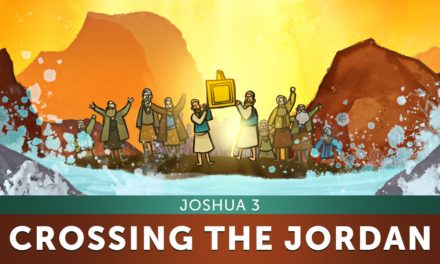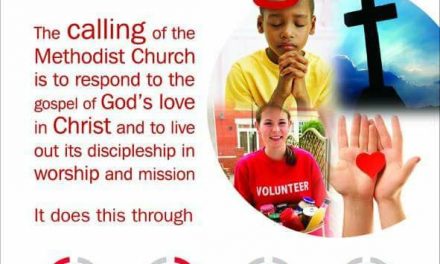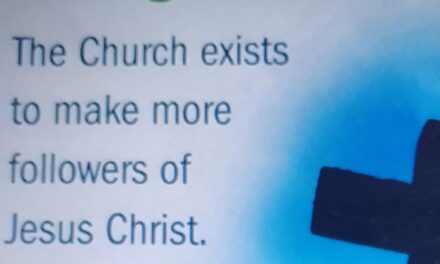The British Academy announced at the eve of this year’s Wesley’s Day celebration that “Theology and Religious Studies risk disappearing from our universities.” The new report, the first comprehensive analysis of Theology and Religious Studies provision in the United Kingdom shows a steep decline in student numbers hence, the closure or reduction in size of several university theology departments. Religious Studies and Theological education are not only necessary component of a church planting strategy, they are renewing and equipping medium for healing of homes and marriages, universal church and national renewal, revival, and development.
Wesley’s Day urges the necessity and importance of Religious Studies and Theological Education in our personal and corporate renewal. Wesley said, “… I am not afraid to lay open what have been the inmost thoughts of my heart. I have thought, I am a creature of a day, passing through life as an arrow through the air. I am a spirit come from God, and returning to God: Just hovering over the great gulf; till, a few moments hence, I am no more seen; I drop into an unchangeable eternity! I want to know one thing, – the way to heaven; how to land safe on that happy shore. God himself has condescended to teach the way: For this very end he came from heaven. He hath written it down in a book. O give me that book! At any price, give me the book of God! I have it: Here is knowledge enough for me. Let me be homo unius libri “a man of one book.” As Methodist Christians with prophetic mission to the Universal Church, we are meant to know, obey, and rejoice in the gospel of the “One Book,” the Bible.
Christians have been and will continue to be known as “people of the Book,” the Bible. For Methodist Christians, redeemed by the blood of Jesus Christ and born on Scriptural holiness and songs mostly written by Charles Wesley, John Wesley and many other Revivalist Christians, and their contemporary composers we are “people of one Book” following after the footstep of John Wesley. I would like to agree with Randall McElwain on this uncompromising Biblical heritage as contemporary Methodist Christians, we are a people of two books, the Bible and the hymn book. McElwain said, ‘if Christians have been people of two books, this was most certainly true of the people called Methodists. Methodist families, even if they had no other personal library, owned at least two books – a Bible and a hymnbook. The feature image in this article is a complete combined Bible with Methodist hymns published in English, Yoruba and Igbo languages in 2012 by the Methodist Church Nigeria to commemorate the celebration of 170th anniversary of Methodism in Nigeria and 50th anniversary of the autonomy of Methodism, the first orthodox denomination in Nigeria. Using the words of the former prelate, Methodist Church Nigeria, His Eminence Dr Sunday Makinde, the publication of the combined Bible and Hymn Book ‘is predicated upon the celebration of our enduring history and heritage as a church. It is our direct contribution to the present and future generation.’ Prelate Makinde said that, “these two (Scriptural holiness and Inspirational songs) are the heritage Methodist Church bequeaths to the world. The Bible which is the Christian manual and companion is combined with the Methodist Hymn Book.”
McElwain explained that in Methodism, ‘the hymnbook provided their devotional reading, their guide to Christian growth, and their textbook of popular theology. Methodist lay people learned both the Bible and their theology through hymns, especially those of Charles Wesley.’ The Methodist 18th century spiritual awakening was based on ‘the fact hymns were a primary medium by which eighteenth century Christians learned the Bible and theology…’ Wesley’s Day celebration summons the World Methodism to our divine calling with a specific task to spread Scriptural holiness in order to overcome our general decline. May 24th, 1738 will not come again, but we have to prayerfully bring to practicality through evangelism the salvation experience in our communities in order to reverse the decline of our Theological Education and Religious Studies among others
Findlay George, in one of his Aldersgate Books, ‘Christ’s Standard Bearer: A Study in the Hymns of Charles Wesley,’ as they are contained in the last edition (1876) reminds us about ‘words of warning to Methodists’ which resonates with our state of general decline today. The warning was by Bernard Manning in his paper to the Methodists of Cambridge in 1932. Manning said, “You talk much, and you talk rightly, of the work Methodism does for the world and for the Universal Church; but your greatest – incomparably your greatest contribution to the common heritage of Christendom is in Wesley’s hymns … In them you have something unique … I implore you then … to keep that good thing committed peculiarly to your charge. In Wesley’s hymns … you have what only you understand and what (I fear) you no longer think it worth while to understand.’ Manning’s description of the hymns of Wesley as ‘… ranks in Christian literature with the Psalms, the Book of Common Prayer, the Canon of the Mass,’ points us to his warning. According to him, Wesley’s hymns, ‘in its own way it is perfect, unapproachable, elemental in its perfection. You cannot alter it except to mar it; it is a work of supreme devotional art by a religious genius.’
The decline in our Theological Education and Religious Studies in our nations are obvious from the decline in our beliefs, practices and salvation experience, hence, ‘we are in considerable danger of losing our treasure, by the simple process of burying’ them ‘in our back garden.’ To ‘serve the present age’ does not mean we have to follow the redefinitions and seductions of today’s cultures just as new Bible versions and hymn books must not make the old ones out of date. For example, ‘there is no better introduction to Methodist theology than the Wesley hymns in the 1876 book.’ The decline in our leadership, beliefs, practices, experiences, Theological Education and Religious Studies are not far from the fact that ‘relatively little work has been done in analysing the hermeneutical approach of hymn-writers from the period … Much less attention has been given to Charles Wesley’s poetic hermeneutic.’ It is important to note that, ‘Charles’s hymns also reflect his agreement with John’s attempts to seek the most original text and the best translation,’ hence in the seductions of today’s culture, we ‘cannot alter it except to mar it.’
Manning’s warning to Methodists suggests that, a divine calling doesn’t ensure a life pleasing to God. Methodism, like the story and calling of Jehu had a divine calling, counter-cultural with a very specific task to spread scriptural holiness just as Jehu was ‘to eliminate Ahab’s house and destroy Baal worshippers.’ Jehu obeyed just as Methodism did in the 18th century, but later, Jehu ‘did not take care to walk in the law of the Lord as the kings of God’s people were commanded to do’ (Deuteronomy 17:14-20). The reflection for us on this Wesley’s Day is that, Jehu’s story, which started with a divine anointing and prophecy over a nation teaches and reminds us that a great start doesn’t mean a good finish. As Methodists, ‘we may feel a divine calling on our lives, but we need to continually submit ourselves to the Lord and His Word with all of our hearts’ as salt and light for the Universal Church. Happy renewing Wesley’s Day.











Recent Comments